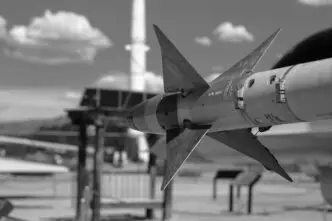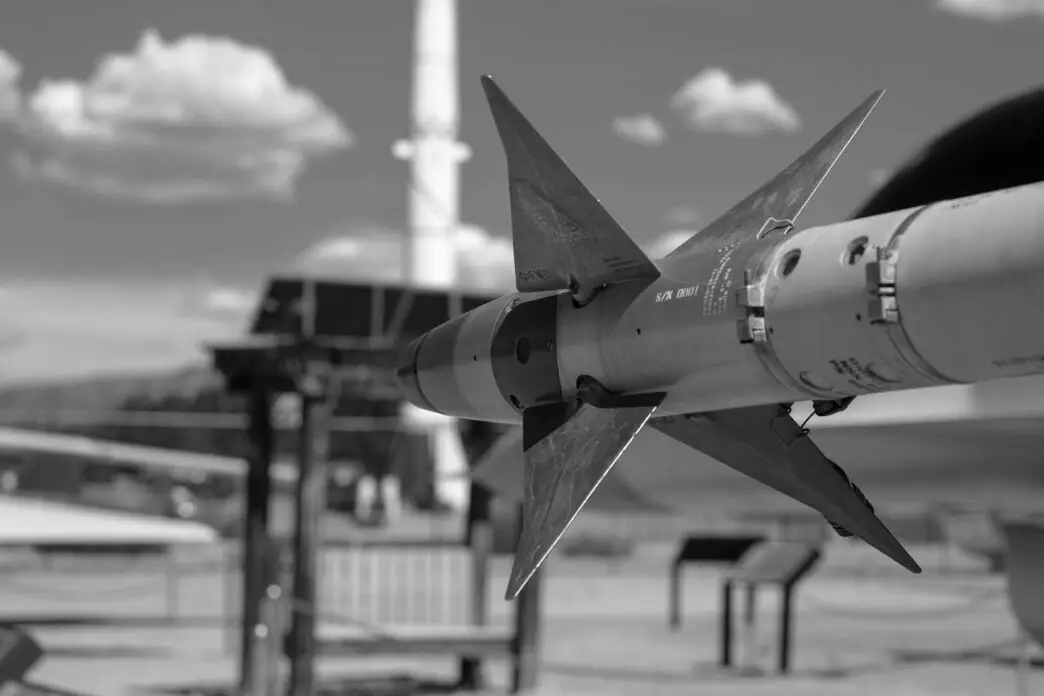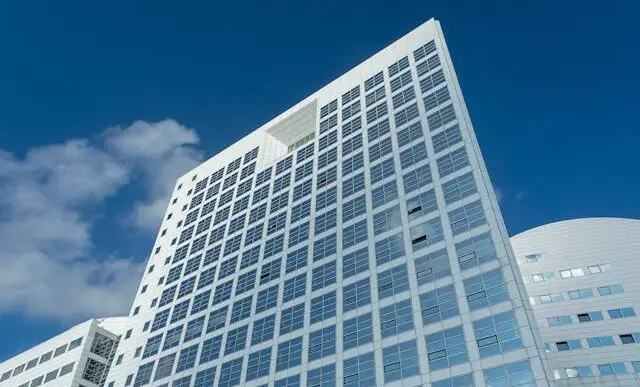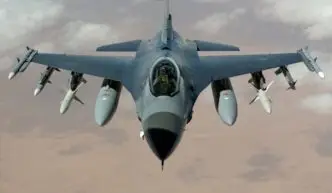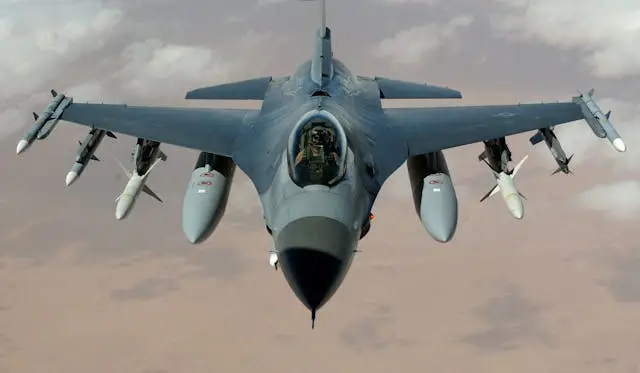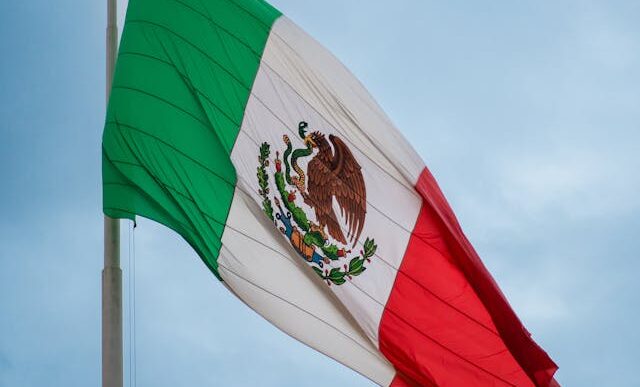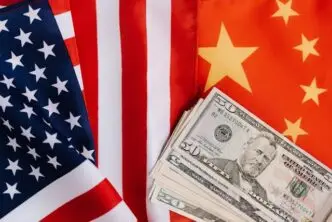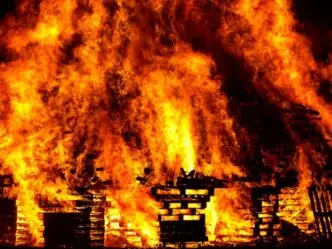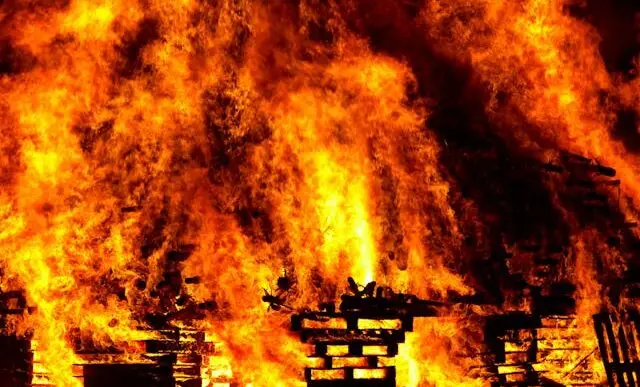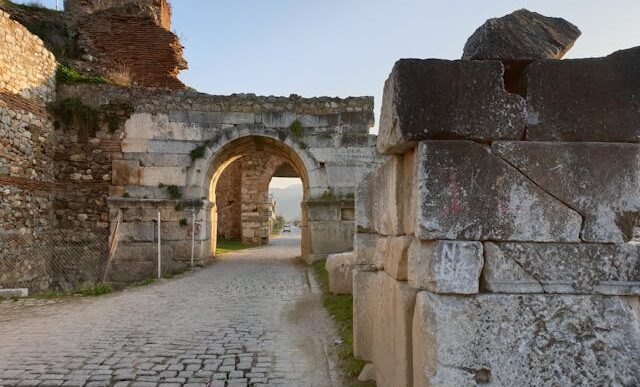Netanyahu Confirms October IDF Strikes Impacted Iran’s Nuclear Program
In a groundbreaking revelation, Israeli Prime Minister Benjamin Netanyahu confirmed that Israel Defense Forces (IDF) had carried out a successful strike on Iranian military facilities in October, significantly damaging the country’s nuclear program. The disclosure, which was made during a recent press conference, has shed light on the intricacies of the ongoing geopolitical tussle in the region and the evolving dynamics of power balance.
Israel-Iran Relations
The relationship between Israel and Iran, once allies, has considerably deteriorated since the Islamic revolution in Iran in 1979. Over the years, the two nations have been locked in a cycle of accusations, sanctions, and threats, often revolving around Iran’s contentious nuclear program. Iran has been facing allegations of pursuing nuclear weaponry, despite its insistence that its nuclear ambitions are purely peaceful.
The IDF strike in October, as confirmed by Netanyahu, forms a critical juncture in this protracted conflict. The strike was not just a tactical military operation – it struck at the heart of Iran’s nuclear program, a cornerstone of its national security strategy and a symbol of its scientific prowess.
Details of the Strike
While Netanyahu refrained from providing detailed operational specifics, he confirmed that the IDF struck multiple military facilities in and around Tehran, the capital of Iran. The strikes were a part of Israel’s retaliatory actions following alleged Iranian attacks on Israeli assets earlier in the year. The success of these strikes has reportedly been instrumental in degrading a significant part of Iran’s nuclear program.
Impact on Iran’s Nuclear Program
According to expert analysis, the strike has dealt a considerable blow to Iran’s nuclear ambitions. Given that the nuclear program forms a significant part of Iran’s national security strategy, the impact of the strike extends beyond immediate material damage. It also poses a setback to Iran’s strategic positioning in the region and its perceived power dynamics.
Expert Perspectives
Dr. Michael Rubin, a resident scholar at the American Enterprise Institute and a former Pentagon official, opines that the strike is a strategic game-changer. “The IDF has not only degraded Iran’s nuclear capacity but also delivered a psychological blow. They’ve shown that Iranian defenses can be penetrated, and that their nuclear installations are not invincible,” he said.
However, other experts caution that the strike may lead to increased tensions. Dr. Sanam Vakil, a senior research fellow at Chatham House, warns, “While the IDF’s actions may have curtailed Iran’s nuclear program in the short term, they risk escalating tensions and potentially igniting a broader conflict in the region.”
Analysis of the Situation
Israel’s strike on Iran’s nuclear facilities is undoubtedly a significant development in the ongoing conflict between the two nations. While it demonstrates Israel’s military prowess and its resolve to neutralize perceived threats, it also risks escalating tensions in an already volatile region.
Moreover, the strike could have serious implications for the international community’s ongoing efforts to negotiate with Iran over its nuclear program. It might harden Iran’s stance and make diplomatic resolution more challenging. The international community, therefore, needs to tread a fine line, balancing the need to address Israel’s security concerns with the imperative to prevent further escalation and work towards a diplomatic solution.
Bottom line
The IDF’s strike against Iran’s nuclear facilities, as confirmed by Prime Minister Netanyahu, marks a significant milestone in the Israel-Iran conflict. While the strike illustrates Israel’s determination to counter perceived threats, it also underscores the precariousness of the situation and the potential for further escalation. As the international community grapples with these developments, the need for a comprehensive and lasting solution to the Israel-Iran issue becomes even more pressing.
In light of these recent events, the international community, particularly the United Nations and major global powers, must intensify their efforts to broker a peaceful resolution to this protracted conflict. Only through sustained diplomatic engagement can the cycle of retaliations be broken and lasting peace achieved in the region.

